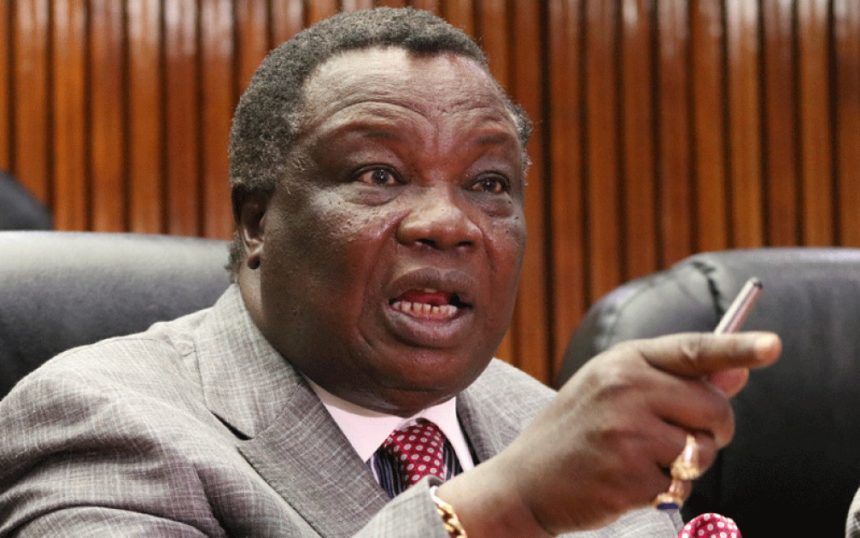President William Ruto has gazetted the names of seven members who will be responsible for recruiting the new Director of Public Prosecutions (DPP).
In a gazette notice, the President named Central Organisation of Trade Unions (COTU) secretary general Francis Atwoli among the panel members.
Other members of the panel include Attorney General Shadrack Mose, Mary W. Kimonye, Mary Adhiambo Maungu, High Court Advocate Roseline Odede, Richard Onsongo Bush Obwocha (a former candidate for the post of DPP), and Ethics and Anti-Corruption CEO Twalib Abdallah Mbarak.
The seat of the DPP became vacant following the presidential appointment of the previous incumbent, Mr Noordin Haji, as Director General of the National Intelligence Service of Kenya.
The position is currently held in an acting capacity by Mr Dorcus Oduor, who was Mr Haji’s deputy.
By law, the powers of the Director of Public Prosecutions may be exercised in person or by subordinate officers acting on general or special instructions.
Qualifications for the office include those required for appointment as a judge of the High Court.
Under Chapter 157 of the Constitution, the Director of Public Prosecutions has the power to direct the Inspector-General of the National Police Service to investigate any information or allegation of criminal conduct, and the Inspector-General must comply with any such direction.
The Director of Public Prosecutions holds office for a term of eight years and is not eligible for reappointment.
The Director of Public Prosecutions also exercises the prosecutorial powers of the State and may institute and conduct criminal proceedings against any person in any court (other than a court martial) in respect of any offence alleged to have been committed, and may, with the consent of that person or authority, take over and continue any criminal proceedings instituted or conducted in any court (other than a court martial) by another person or authority.



